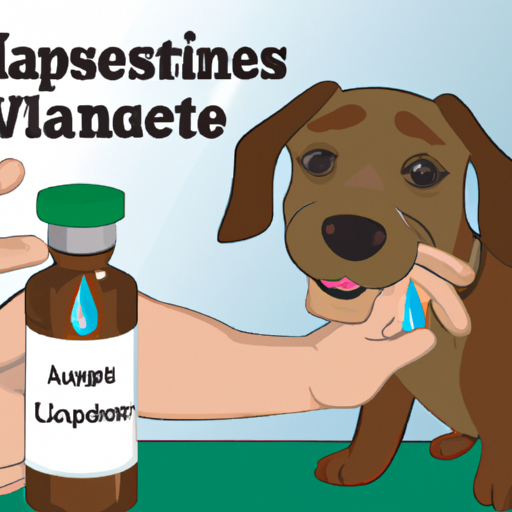Leptospirosis is a bacterial disease that affects both humans and animals. It is caused by bacteria of the genus Leptospira. In dogs, it can lead to kidney damage, meningitis (inflammation of the membrane around the brain and spinal cord), liver failure, and respiratory distress. But the disease is also zoonotic, meaning it can be transmitted from dogs to humans. The good news is that there is a vaccine available to protect your canine friend from this dangerous disease. But what is a leptospirosis vaccine for dogs? This article will delve into the details about this lifesaving vaccine.
Table of Contents
- Understanding Leptospirosis
- The Leptospirosis Vaccine for Dogs
- Benefits of the Vaccine
- Risks and Side Effects
- Frequently Asked Questions
Key Takeaways
- Leptospirosis is a serious bacterial disease that can affect dogs and humans.
- A vaccine is available to protect dogs from leptospirosis.
- The vaccine can prevent severe health complications in dogs.
- Like any vaccine, the leptospirosis vaccine has potential risks and side effects.
- Regular vaccination is key to protecting your dog from leptospirosis.
Understanding Leptospirosis
Leptospirosis is caused by a bacteria that can be found worldwide in soil and water. It’s especially prevalent in areas with warm climates and high annual rainfall, but can be found in a variety of environments. Dogs can become infected through contact with urine from infected animals or by drinking, swimming in, or walking through contaminated water.
According to the American Veterinary Medical Association, leptospirosis is more likely to affect dogs than cats. Breeds that are particularly at risk include the German Shepherd, Dachshund, and Cocker Spaniel.
The Leptospirosis Vaccine for Dogs
The leptospirosis vaccine for dogs is designed to protect against four strains of the bacteria: L. Canicola, L. Icterohaemorrhagiae, L. Grippotyphosa, and L. Pomona. This is known as a 4-way vaccine. It is typically given to puppies at 12 and 15 weeks of age, and then annually for dogs at risk of exposure to the bacteria.
According to One Top Dog, the leptospirosis vaccine is not considered a “core” vaccine, meaning it is not recommended for all dogs. Instead, it’s an elective vaccine that is typically given to dogs at risk of exposure to the bacteria.
Benefits of the Vaccine
The primary benefit of the leptospirosis vaccine is that it can prevent your dog from getting leptospirosis, a potentially serious and life-threatening disease. It can also prevent your dog from becoming a carrier of the bacteria, which can protect other animals and people in your home.
Regular vaccination can also save you from costly treatment bills if your dog does contract the disease. According to One Top Dog, the cost of treating leptospirosis can be significant, especially if your dog requires hospitalization.
Risks and Side Effects
Like any vaccine, the leptospirosis vaccine carries potential risks and side effects. These can include mild reactions, like soreness at the injection site, fever, and decreased appetite. More serious reactions can occur, but they are rare.
According to One Top Dog, if your dog shows signs of an allergic reaction, like swelling of the face, difficulty breathing, or hives, you should seek veterinary care immediately.
Frequently Asked Questions
-
Is the leptospirosis vaccine necessary for all dogs?
No, the leptospirosis vaccine is considered an elective vaccine. It is typically recommended for dogs at risk of exposure to the bacteria. -
What are the symptoms of leptospirosis in dogs?
Symptoms can include fever, muscle pain, vomiting, diarrhea, loss of appetite, lethargy, jaundice, and changes in frequency or amount of urination. -
Can humans get leptospirosis from dogs?
Yes, leptospirosis is a zoonotic disease, meaning it can be transmitted from animals to humans. -
Is leptospirosis curable in dogs?
Yes, if caught early and treated aggressively. However, it can cause permanent damage to the kidneys and liver, and can be fatal if not treated. -
How often should my dog be vaccinated for leptospirosis?
The leptospirosis vaccine is typically given annually to dogs at risk of exposure to the bacteria.
In conclusion, the leptospirosis vaccine for dogs is a crucial tool in preventing a serious and potentially life-threatening disease. By understanding what the vaccine is and how it works, you can make an informed decision about whether it’s right for your canine companion.



